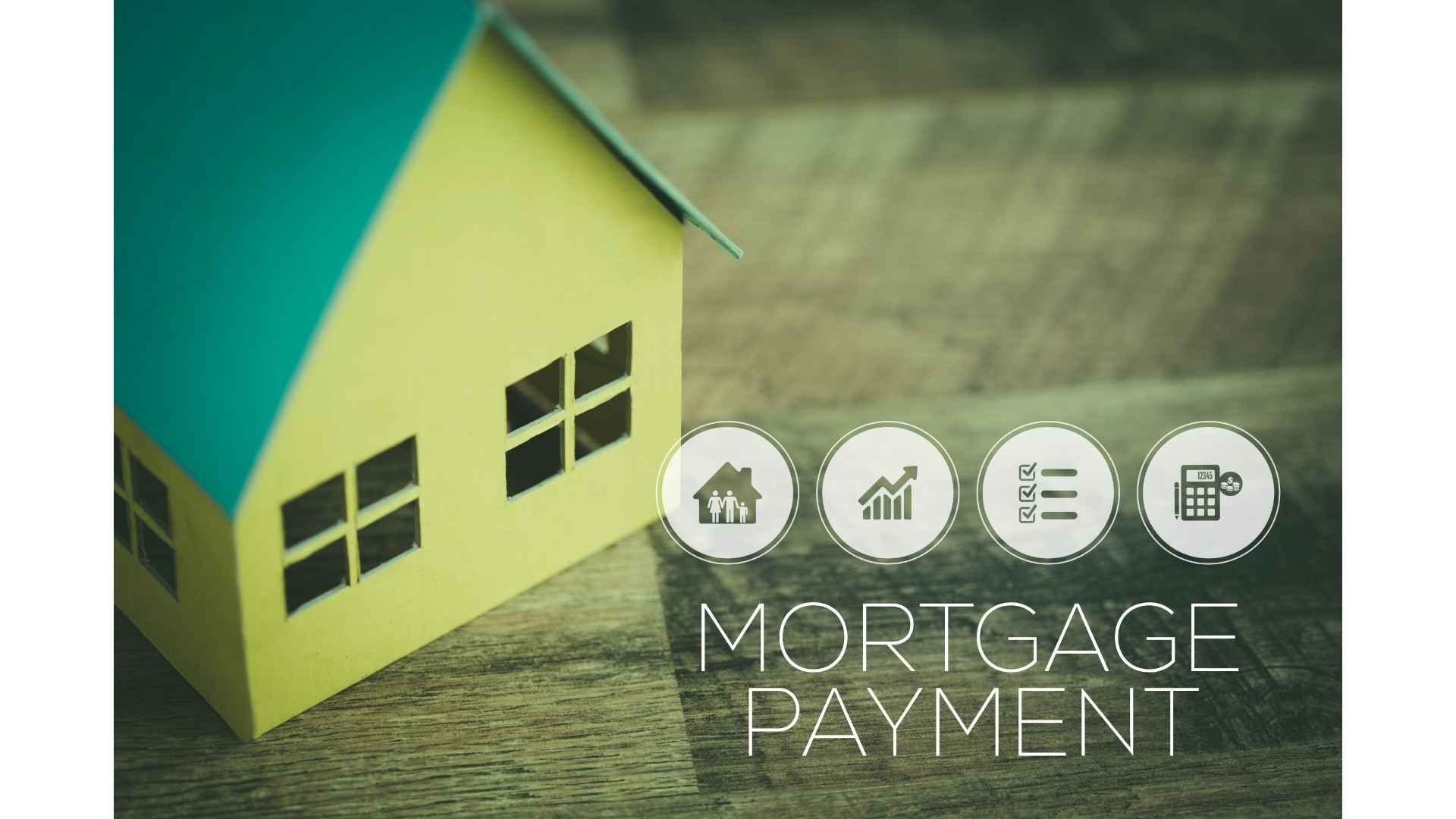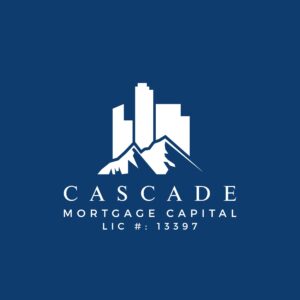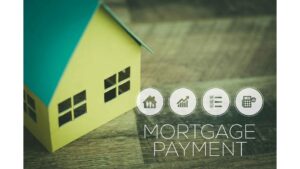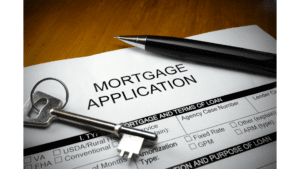As the Bank of Canada increases their interest rate, variable rate mortgage holders may consider a switch to a fixed rate mortgage. Should you?
Activity has picked up around the Bank of Canada’s next interest rate decision on April 13th and economists predict it could come with an increase. If you are in the market to purchase a home, or have a mortgage coming up for renewal, this will directly impact your monthly expenses. For buyers in the market, take a few minutes to read our article about budgeting for a home purchase.
Last month, the Bank of Canada increased its benchmark interest rate by 0.25% in a move towards achieving the 2% inflation target. Forecasters predict the central bank may move to raise rates by 0.5% on April 13th.
When interest rates go up, the amount people can borrow for a mortgage goes down. This will have a gradual effect for existing homeowners with a variable rate mortgage. If you lock in your mortgage at a fixed rate before the increase goes into effect, your mortgage should be unaffected. In a rising rate environment it is more crucial than ever to ensure you are speaking to the right people about your options; if you aren’t sure about whether you should go to the bank or talk to a mortgage broker about your options, read this to learn more about the difference.
What impact do changes to interest rates have on variable mortgages?
Variable rates still offer an opportunity for borrowers. These are a good idea if you want to benefit from lower rates, and reduced payments. Additionally, the qualifying rate for variable rate mortgages is still 5.25% whereas most fixed rate mortgages are now contract rate plus 2%, for example, Scotiabank 5 year fixed rate mortgages are currently 4.1% or higher, that means the qualifying rate is 6.1%. On the other hand, this option does come with some potential downsides. We expect to see several interest-rate increases over the course of this year and 2023.
When the Prime Rate goes up, your mortgage payment amount will also increase and the opposite is true for Prime Rate reductions. As we are currently in a rising rate environment it is likely that in the short term rates and payments increase. If you are unsure about how much rate increases impact monthly payments use our mortgage payment calculator to get a better understanding of how rate changes impact your bottom line.
A good strategy for the current rate environment to consider would be to choose a variable rate mortgage with fixed payments. This will help you better manage your budget and cash flow while getting the best rate available to you. This can only be done at the time of getting your mortgage. If there is a rate increase, it would mean a larger portion of your mortgage payment would go to the interest on the loan and less to the principal. But your monthly payment would stay the same.
Generally, variable interest mortgage holders get lower interest rates for taking on more risk. If you change your mind on a variable rate mortgage term then you have the option to convert it to a fixed rate mortgage. A variable rate mortgage holder can lock in a fixed rate once. This can be done at any time and the fixed rates will last for the remainder of the term of the mortgage. The fixed rate you would be locking in to would be based on market rates at the time. A person might decide to convert their variable mortgage to a fixed rate in order to make sure that their expenses are manageable.
Many variable rate mortgage holders may be considering their options in light of the Bank of Canada announcement. Would it make sense to switch now?
Is now the time for you to make the switch to a fixed rate mortgage?
As of now, choosing a variable rate will save homeowners about 1.25% over a fixed rate. They also need to consider the risks that come with variable rates. If rates keep on rising, people with variable-rate mortgages and high ratios might be feeling squeezed. Things are already tough for them, but if rates shoot up, it could add to the difficulty they’re facing.
If you’re someone who doesn’t want the uncertainty of variable interest rates, having a fixed rate will make sure you don’t have to worry about changes in the market. To protect yourself completely from interest rate fluctuations, consider locking in your current mortgage.
Your mortgage is more than an interest rate, consider these variables as well
It’s crucial to give careful consideration when locking in a mortgage. If you can’t understand the terms of your commitment, have difficulty making payments or don’t know what happens if you service your debt, there are advisors who can help. Remember that it’s important to think long-term and ask “What do I hope to achieve with this mortgage?”
There is no one-size-fits all answer to the question of fixed or variable pricing. Each case is unique, but in general you should take into account your risk tolerance, budget, and future plans.
Most first-time buyers choose to go with a fixed-rate mortgage despite the higher interest rates. They are more secure and provide certainty. Often, people who have a stable income can afford the fluctuating payments of a variable mortgage.
If you expect to sell your home or refinance before the end of your term, then a mortgage with a fixed interest rate may not be the best option. If you break it early, you’ll have to pay more mortgage penalties. Generally, with a fixed rate mortgage you have to pay back the greater amount: either three months of interest or an interest rate differential. This can mean a lot in terms of money. Typically, the penalties for opting out of a variable rate mortgage can be equal to three months’ interest on your loan.
Take into account what your needs are and set the best type of mortgage for you. If you have sensitive needs, a variable rate mortgage might not be for you, although if you want some a better rate, lower payments and have a higher risk tolerance then it may be a more suitable option for you than a fixed rate mortgage. If you’re concerned about Bank of Canada rate hikes, please call to speak to a Cascade Mortgage Capital team member and we’ll be glad to answer any questions.
